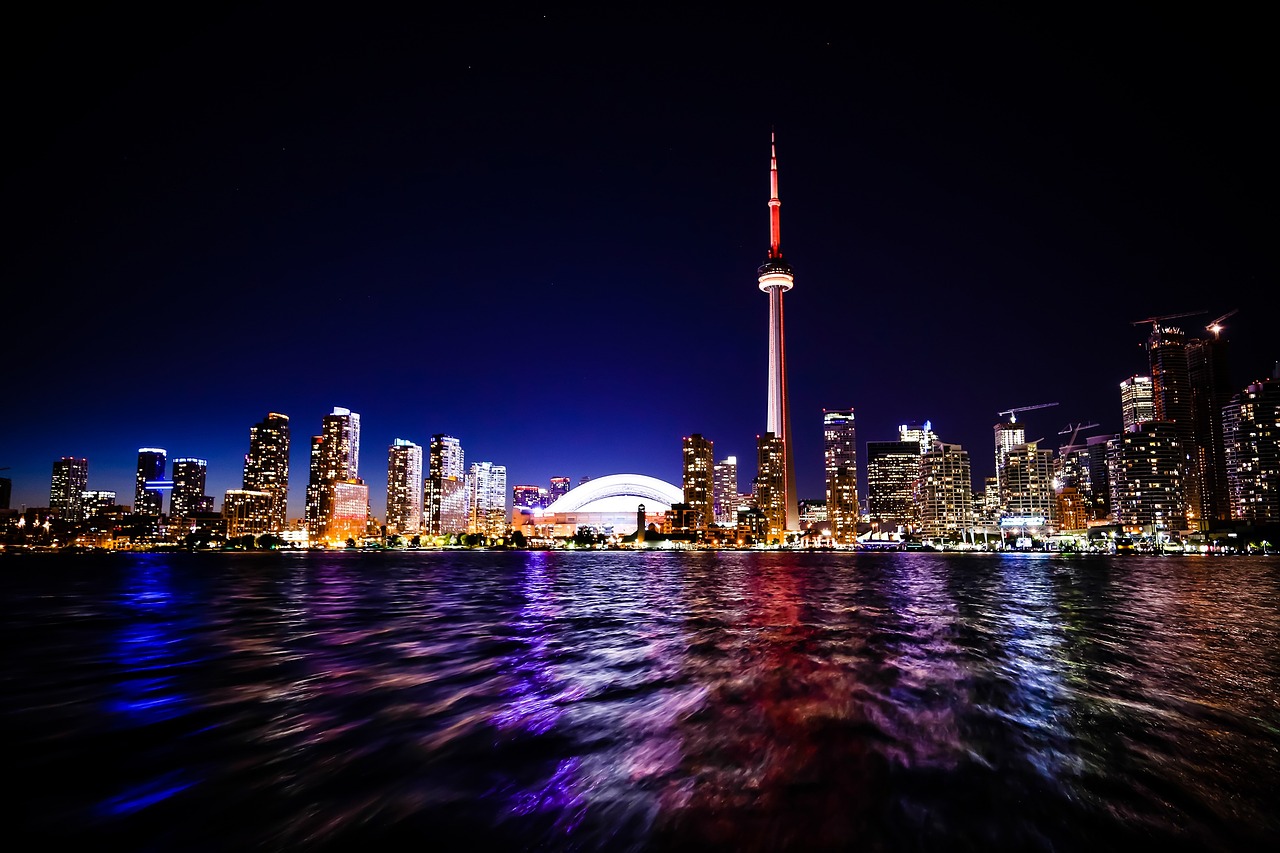
Toronto is North America’s fourth-largest city, and Canada’s largest is being taken over by Silicon Valley. What does that mean, exactly? Intel Corp has announced plans to build a graphics-chip design lab in Toronto. Uber Technologies Inc will also be opening an engineering hub. Google’s parent company, Alphabet, has been in talks with local officials about building a new Toronto campus as part of their smart-city on the Lake Ontario waterfront, and Microsoft Corp has said it would expand its Canadian workforce by more than 20%. There has been so much activity that Silicon Valley Bank has opened an office in Toronto in order to keep up. In the past, these kinds of deals would have been dealt with through banks in Seattle and Boston.
Toronto has a tech talent pool that rivals major U.S. cities, but the wages are considerably lower. For example, the average tech worker in the San Francisco Bay Area will receive around $145,000 U.S. annually. New York and Washington, DC pay their tech talent $133,000 and $123,000 respectively. But if you do the same job in Toronto your average salary is much lower – coming in at $74,000 U.S. annually. While that might not be good for the workers themselves, it is good for the companies that are looking to hire. By moving a business to Toronto, companies can get around the Trump administration’s tough immigration rules that have made it more difficult to hire foreign workers in the United States.
Tech companies are hiring more workers in Toronto, attracted by the region’s diverse population of $6.4 million – a deep pool of skilled labor and cultural similarities to major U.S cities like San Francisco, New York, and Chicago. It’s these attributes that helped put Toronto in the final round of Amazon’s search for a second headquarters, and it was the only non-U.S. city to even make the cut. Even though Toronto lost the bid, Amazon still opened a 113,000 square-foot office in the downtown core and said that they would be hiring about 600 new employees.
The links between San Francisco and Toronto have grown so tight that airlines added 139 flights between the cities in the last two years, even as they cut the total number of flights between Canada and the U.S. Many Canadians are wary of the influx. Some worry about the invasion of Big Tech, while others say U.S. businesses are crowding out domestic companies and siphoning some of the country’s most valuable intellectual assets.
These concerns, however, haven’t stopped Canada’s top officials from inviting these tech giants into their country. In fact, last year, Justin Trudeau became the first Canadian Prime Minister to visit San Francisco in more than 70 years. During that visit, Salesforce.com announced that it would invest $2 billion in Canada over the next five years.
Canadians are also concerned about privacy. Sidewalk Labs’ recent proposal to build a city “from the internet up” on the waterfront has become a major concern about how the company would handle data collected by sensors embedded throughout the planned neighborhood. While they’re not wrong, it will be hard for Toronto or Canada to become a tech powerhouse if they aren’t willing to participate in these projects.
